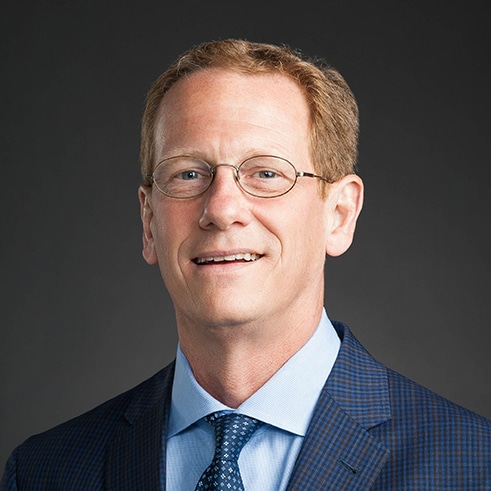The rotator cuff is a complex system of muscles and tendons that stabilize the shoulder and facilitate a wide range of motion, allowing the arm to rotate and lift. The muscles are connected to the upper arm bone (humerus) by the four tendons, which keep the humeral head firmly positioned within its socket (glenoid).
A massive rotator cuff tear occurs when two or more of the tendons are damaged to the point that the cuff of tissue tears away from its attachment site on the bone. This type of injury can result from injury, such as a fall. It can also occur from age-related degeneration.
What Are the Signs of a Massive Rotator Cuff Tear?
Common symptoms of a rotator cuff injury include:
- Shoulder pain, which may worsen at night and interfere with sleep
- Reduced range of arm motion
- Weakened shoulder and arm muscles
- Difficulty reaching away from the body or overhead
The symptoms may be severe and develop suddenly at the time of the injury, or they may be initially mild and progressively worsen through repetitive use.
How Is a Massive Rotator Cuff Tear Treated?
Irreparable massive rotator cuff tears often worsen over time. Therefore, surgery may be considered to secure the torn tendons to their original attachment site with special sutures. In some cases, this procedure can be performed arthroscopically using a miniature camera and tiny surgical instruments, which are inserted through small incisions around the shoulder joint. As compared to traditional open surgery, this approach can offer several advantages, such as less pain, reduced risk of infection and faster healing.
Christopher C. Schmidt, MD, is a nationally renowned shoulder surgeon who performs extensive research in his biomechanical lab in Pittsburgh, Pennsylvania. Dr. Schmidt specializes in utilizing the latest repair techniques for massive rotator cuff tears, and he provides his patients with personalized guidance from both a clinical and a research perspective. This is a unique advantage of working with Dr. Schmidt because many other surgeons discuss treatments strictly from a clinical perspective.
If you’d like to meet with Dr. Schmidt, contact his office at (877) 471-0935 to schedule a personal consultation at one of his locations in the greater Pittsburgh, PA, area.




